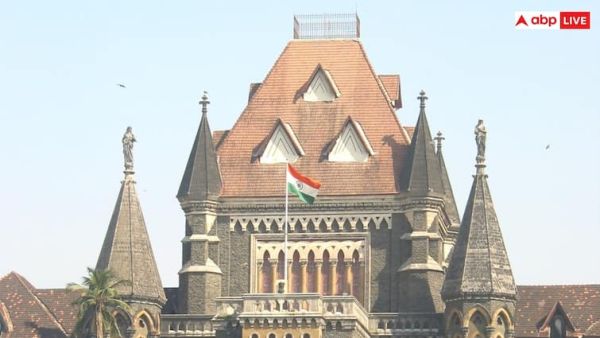
The Bombay High Court on Friday struck down the 2023 amendments to the Information Technology (IT) Rules, which gave the Central government the authority to establish Fact Check Units (FCUs) to identify "fake and misleading" information about its business on social media platforms.
Justice Atul Chandurkar, the 'tie-breaker' judge, delivered the final ruling, declaring that the amendments violate Articles 14, 19, and 21 of the Indian Constitution, Live Law reported. This ruling came after a division bench of Justices Gautam Patel and Dr Neela Gokhale delivered a split verdict in January 2024.
"I am of the opinion that the amendments are violative of Article 14 and Article 19 of the Constitution of India," said Justice Chandurkar, as quoted by Live Law's report. He also noted that the amendments failed to satisfy the "test of proportionality".
Justice Patel, in his previous judgment, had struck down the amendments entirely, arguing that the proposed FCUs under the 2023 IT Rules directly infringed upon fundamental rights under Article 19(1)(g), which guarantees the right to practise any profession or business. He highlighted that the amendments treated online content differently from print content.
Justice Gokhale, on the other hand, upheld the amendments, stating that the petitioner's apprehension about the FCU being biased and working at the behest of the government was 'unfounded'. She emphasised that the amendments did not impose any restrictions on free speech or penal consequences for users, the report stated.
The 2023 amendments required social media intermediaries like 'X' (formerly Twitter), Instagram, and Facebook to either take down flagged content or add a disclaimer after the government’s FCU identified information as fake or misleading. Petitioners, however, argued that these rules violated fundamental rights, particularly the right to equal protection under the law (Article 14) and the freedom of speech (Articles 19(1)(a) and 19(1)(g)).
Political satirist Kunal Kamra, who relies on social media to share his content, was one of the petitioners. He argued that the rules could lead to arbitrary censorship of his posts, resulting in his content being blocked or his accounts suspended.
The Ministry of Information and Technology defended the amendments, stating that it was in the public interest for “authentic information” related to the government's business to be fact-checked and disseminated. They emphasised the need to contain potential harm caused by misinformation.
Solicitor General Tushar Mehta, representing the government, clarified that intermediaries like Facebook, X, and Instagram cannot ignore content flagged as fake by the FCU. If such flagged content remains on the platform, the intermediary may face legal action and be required to defend their decision in court.
Senior advocate Aspi Chinoy, representing Kamra, criticised the lack of remedies for users whose content was flagged as false, misleading, or fake (FFM) by the FCU. He pointed to instances where the Press Information Bureau (PIB) had itself disseminated incorrect information, raising concerns about the FCU’s reliability.
Chinoy highlighted a potential issue, citing an example involving World Health Organization (WHO) data: “WHO may say 50 lakh people died of Covid. India says only 5 lakh died. FCU says what WHO claims is false. See how governments will be shielded?”